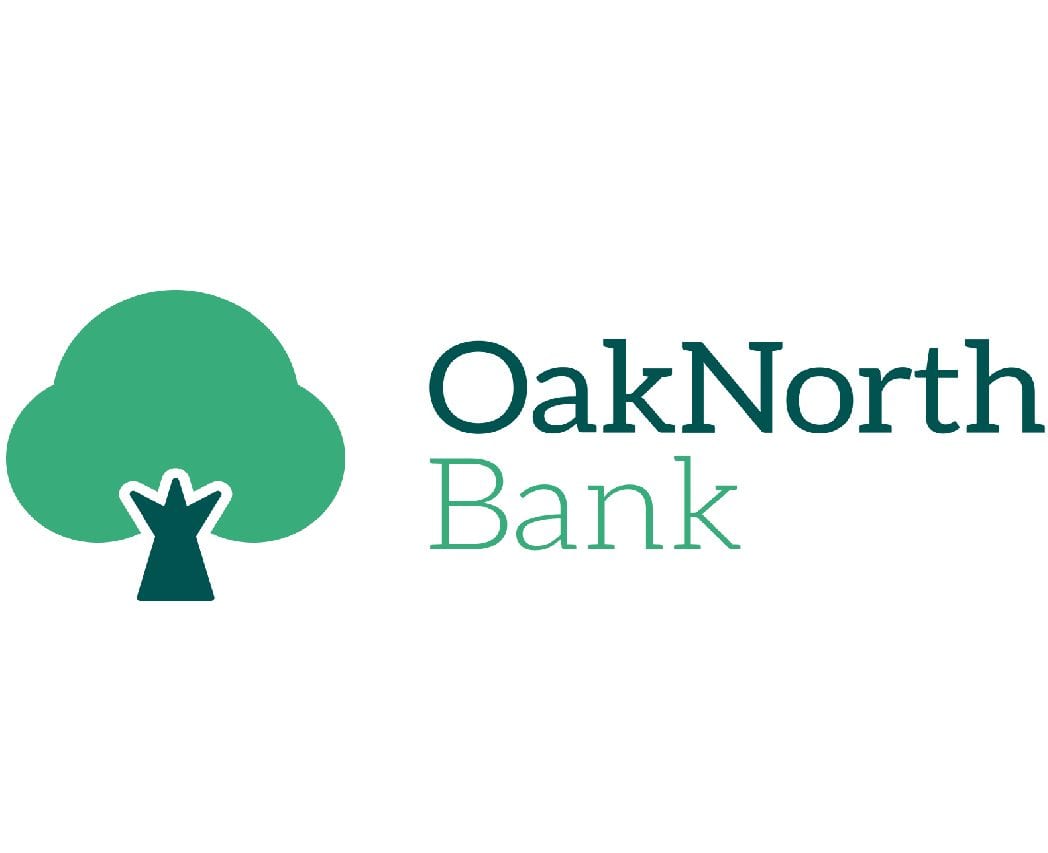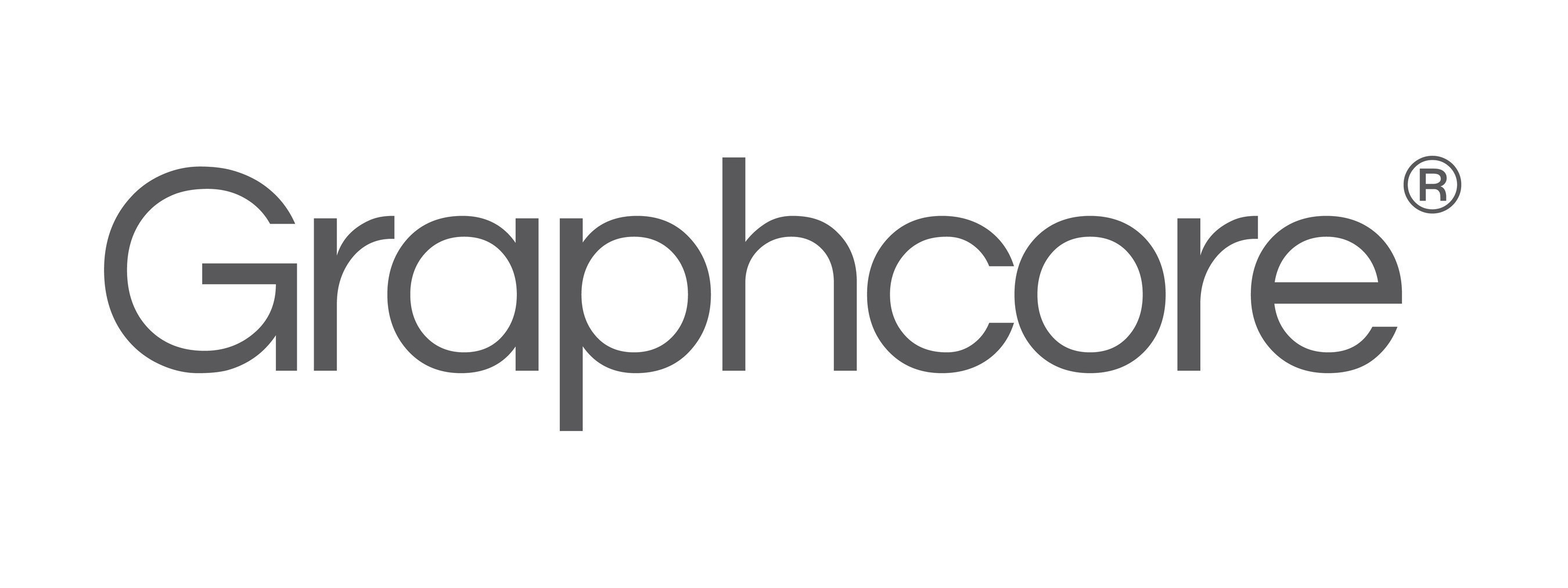Top 10 most promising Unicorn Startups in the UK in 2022

What is a Unicorn?
The term “unicorn” is used in the venture capital industry to describe any startup with more than $1 billion.
There are 39 startups with a value of more than $1 billion called unicorns. Aileen Lee first used the term, the founder of Cowboy ventures, when she talked about the 39. The time was first used to emphasize how rare these businesses were to start up. The definition of a unicorn company hasn’t changed since then. The number of unicorns has also gone up, but that isn’t all.

Features of a unicorn company
As you can see, it isn’t easy to become a unicorn. Today, each unicorn has its own story and a list of things that worked in its favour. Among the unicorns, there are a few things that happen over and over again.
In most cases, the unicorns have made a significant change in their field by coming up with new ideas. It changed how people got around, like when Uber came out. Airbnb changed how people planned their stay while they were on vacation, Snapchat changed how people used the social media network, etc.
The “first”: Many unicorns start in their field. They make people do things differently, making them more critical over time. Because they want to stay ahead of their competitors, they are also thought to keep up with new ideas.
Another thing that all unicorns have in common is that their business model is based on tech. To get their business model approved, Uber made a friendly app. Making the best of the web made the world seem smaller, so Airbnb did that. Software makes up 87 per cent of all unicorn products, hardware makes up 7 per cent of them, and the rest is for other things.
Sixty-two per cent of the unicorns are businesses that sell to customers. Their goal is to make things easier for people and be a part of their everyday lives. Another important thing about these new businesses is that they keep things cheap. Spotify, for example, made it easier for the whole world to listen to music.
Most of the unicorns are privately owned, which makes their value rise when a big company invests in them, which makes them even more valuable.
In CB Insights, 361 private companies worldwide are worth more than $1 billion. India has 16 of these companies, making up 4% of the total market share, so India has a lot. It’s also not far behind the UK, with 19 unicorns and 5% of the market.

Can only startups be unicorns?
Yes, that’s correct. Unicorns are only called unicorns if they value more than a billion dollars. There is a term called “decacorn” for startups that have a value of more than $10 billion (a super unicorn). Dropbox, SpaceX, and WeWork are some of the decacorns people have talked about.
In Canada, there is a term for what we call a unicorn. When you say this word, it’s called “narwhal.” Any Canadian startup company worth more than $1 billion is called a narwhal. People who work for companies like Hootsuite and Wattpad are called Narwhals.
It is said that unicorns are magical and a picture of everything supernatural, so we earthlings are amazed even when we think about it. There are also unicorn businesses that don’t make money.
The world of startups is full of new things, new challenges, and new ideas. You could also say that the world of startups is magical.
To start, let’s talk about what a unicorn startup is. Then, we’ll look at unicorn startups in the United Kingdom. You hear a lot about unicorn startups with many big celebrations and praise. What is this term? Making a unicorn startup is easy, but becoming one is usually a long and painful one.
Founder Aileen Lee of Cowboy Ventures used the word “unicorn” in a post on TechCrunch called “Welcome to the Unicorn Club: Learning from Million Dollar Startups.” She talked about what she learned from these businesses in the centre.
The idea is simple: a unicorn has one horn worth $1B, about £708K, in both public and private markets. Here is a list of unicorn startups in the UK. We hope it will help people come up with new billion-dollar ideas.
How Do You Start a Unicorn Business?
We all have great ideas, but they’re not always easy to put into practice or make money from. If you think unicorn companies and startups are magical, think again. They were all built with a lot of hard work. When you read this sentence, it’s still hard to make a company big enough to be on the list of unicorn startups.
Even though you’re reading this, it’s still a lot of work. Putting the whining aside, let’s look at what we can do to make our next best idea the next unicorn company in the UK! So, here are some things you should be able to do to get your business off the ground.
Be the first to do something! Bring your unique flair to your work, no matter what industry you work in or what industry you serve. Do something new and different with new methods.
Think about the long term. Don’t start a business based on one new idea or product.
Your customers, investors, and yourself should all know what the future holds for you and your business, and you should plan ahead and always tell people what the future holds.
Keep up with what’s new.
Make sure your computer systems are up to date and participate in the digital world. Use mass media, make communication more manageable, and keep up with recent technological changes and trends.
As always, it’s easier to say than to do. Even in fairy tales and myths, unicorns are very rare. There are also certain times when they show up, and not everyone can get near them, let alone see them. You might be able to see the connection here.

- Benevolent AI
Benevolent is an excellent example of using the most up-to-date technology to help people. They use AI and machine learning to determine what causes diseases and how to treat them with medicine that is just right for each person. The best thing is that they don’t just use machines to do this job, either. They also have scientists who think up and test new ways to treat diseases and make drugs just right for each person who needs them. When we work with Benevolent, our health will be safe in the world of AI.

2. Oxford Nanopore Technologies
In 2005, a great technology company called “unicorn” was started, and just ten years later, it had a billion-dollar value. With their new technology that uses nanopores embedded in high-tech electronics, the Oxford Nanopore Technologies make it easy for anyone to do precise molecular analyses. They have sequencing technology that can be used in various ways, from portable to ultra-high-throughput. It can be used to analyse short to ultra-long fragments of native DNA or RNA to get biological information.

3. Brewdog
Martin and James started the company in 2007 when they were tired of the commercially made lagers and ales that dominated the UK beer market. The two founders set out on a journey that would lead them to a unicorn startup. This is what they did. Six years after Brewdog was founded, it became a unicorn company or a company that makes a lot of money.
They never lost their entrepreneurial spirit and always came up with new ideas. They said they had become the world’s first carbon-negative brewery during the global pandemic. This happened: With over 2000 employees, four state-of-the-art breweries, and 100 bars, they’ve been around for 13 years.

4. Oaknorth
Are we talking about technology? Commercial lenders can get a clear picture of their customers’ thanks to Oaknorth, the industry’s first machine learning-powered, data-driven technology. Every person in the finance industry can now talk to their customers, make better credit decisions, anticipate problems, and develop ways to solve them. A team of more than 250 engineers and credit scientists built OakNorth Bank over the last five years, and it is now in the top 1% of all UK banks that are well-developed with inefficiency and ROE.

5. Improbable
People who play Improbable are the next generation of gamers, and they have a lot to offer the virtual world. It was started in 2012 by two computer science graduates from Cambridge University, Herman Narula and Rob Whitehead. They both loved playing games, and they wanted to make a bigger gaming world where multi-players were in better shape in the technological world.
People who work for them have a lot of great experience in gaming, even though they are based in London. When they got more than $600 million in funding from some of the world’s most well-known and respected investors, they became a unicorn. These investors included the SoftBank Vision Fund, Andreessen Horowitz, Horizons Ventures, and NetEase.

6. Darktrace
Darktrace is one of the unicorn startups. Mathematicians and cyber experts with government intelligence backgrounds started Darktrace in 2013. Darktrace is the first company to use AI to help with cybersecurity, and it was started in 2013. This Cambridge-based company is a world leader in self-learning AI, having made the first large-scale deployment of artificial intelligence for the business with more than 4,700 customers worldwide. With its self-learning AI, it detected and destroyed cyber threats across a wide range of digital estates, such as cloud networks, IoT, and industrial control systems.
7. Graphcore
In terms of AI, Graphcore is an excellent choice. It allows developers to run current machine learning models faster in large-scale computations. It also lets AI researchers do new kinds of work that aren’t possible with other technologies, which will lead to the next significant breakthroughs in general machine intelligence. Unicorn: This startup has made a new processor, called the Intelligence Processing Unit (IPU), only for AI. It has a unique architecture that makes it a billion-dollar company!
8. Ovo
Ovo is a group of businesses that work in the utilities, energy, gas and electricity, technology, renewable energy, electric vehicles, and battery storage industries. Their goal is to make it easier for everyone to live in a world where there is no carbon dioxide in the air. They also want to create clean, affordable energy available to everyone. Because of their excellent work for the people and the earth, they were started in 2008.

9. Gousto
The Gousto unicorn startups are promising. Everyone is too busy to cook, let alone clean up afterwards. Gousto is the perfect solution for today’s busy world because it will allow us to cook at home and eat simultaneously. With this unicorn company, you can choose the recipes you want to cook and get the ingredients you need to be delivered to your home right when you need them. When this London-based company raised $32.3 million, it was ranked “Best Buy” by the Independent and “Best Buy” by the Sunday Telegraph.

10. Gymshark
Gymshark is a place where people can meet and buy clothes. They have a group of athletes, artists, and visionaries from all over the world in their group. They are one of the fastest-growing and most well-known fitness clothing and accessories brands. They have more than 5 million followers on social media and customers in hundreds of countries. Having raised $267.1 million in private equity, they’re a unicorn startup for people who want to succeed and move quickly.
Conclusion:
If a company makes more than $1 billion, it is called a “unicorn.” Aileen Lee first used it when she talked about the 39 unicorns. When you look at unicorns now, they all have their own stories and a list of things that worked in their favour. Some private businesses worldwide are worth more than $1 billion, and there are 361 of them. There are 16 of these companies in India, and they make up 4% of the total market share. This means that India has a lot of these companies.
It is easy to make a unicorn start-up, but it is usually a long and painful process to become one of them. Also, a unicorn business doesn’t make money at all. The world of start-ups is full of new things, new challenges, and new ways to do something. A unicorn is a sporadic company. How do you start one? A unicorn is a company with just one horn worth $1B, or about £708K. It’s worth both in the public market and in private markets.
To start your own business, here are some things you should do. Ensure that your computer systems are up to date and that you can use them in the digital world. Use the media to stay updated on the most recent technological changes and trends. Benevolent uses AI and machine learning to determine what causes diseases and how to treat them. Everybody can use Oxford Nanopore Technologies to do precise molecular analyses, making it easy for anyone to do.
Over 2000 people work for Brewdog, which has four state-of-the-art breweries, and 100 bars and has been around for 13 years now. Oaknorth is the first machine learning- and data-driven technology in the industry. Unicorns are companies that have raised more than $600 million in funding. Graphcore, Improbable, Darktrace, and Improbable are some of the companies that have unicorns.
Developers can use Graphcore to run current machine learning models faster in large-scale calculations, making them run faster. They started Improbable because they wanted to make a bigger gaming world where multi-players were in better shape in the technological world.
Cyber threats were found and killed by their own AI, which they learned over time. This included cloud networks, IoT, and industrial control systems. People who work for Ovo are in utilities, energy, gas and electricity, technology, renewable energy, electric cars, and battery storage industries. Ovo is a group of businesses.
Gousto is the best thing for today’s busy world because it will let us cook at home and eat simultaneously. Gymshark is one of the fastest-growing and most well-known fitness clothes and accessories.
edited and proofread by nikita sharma





